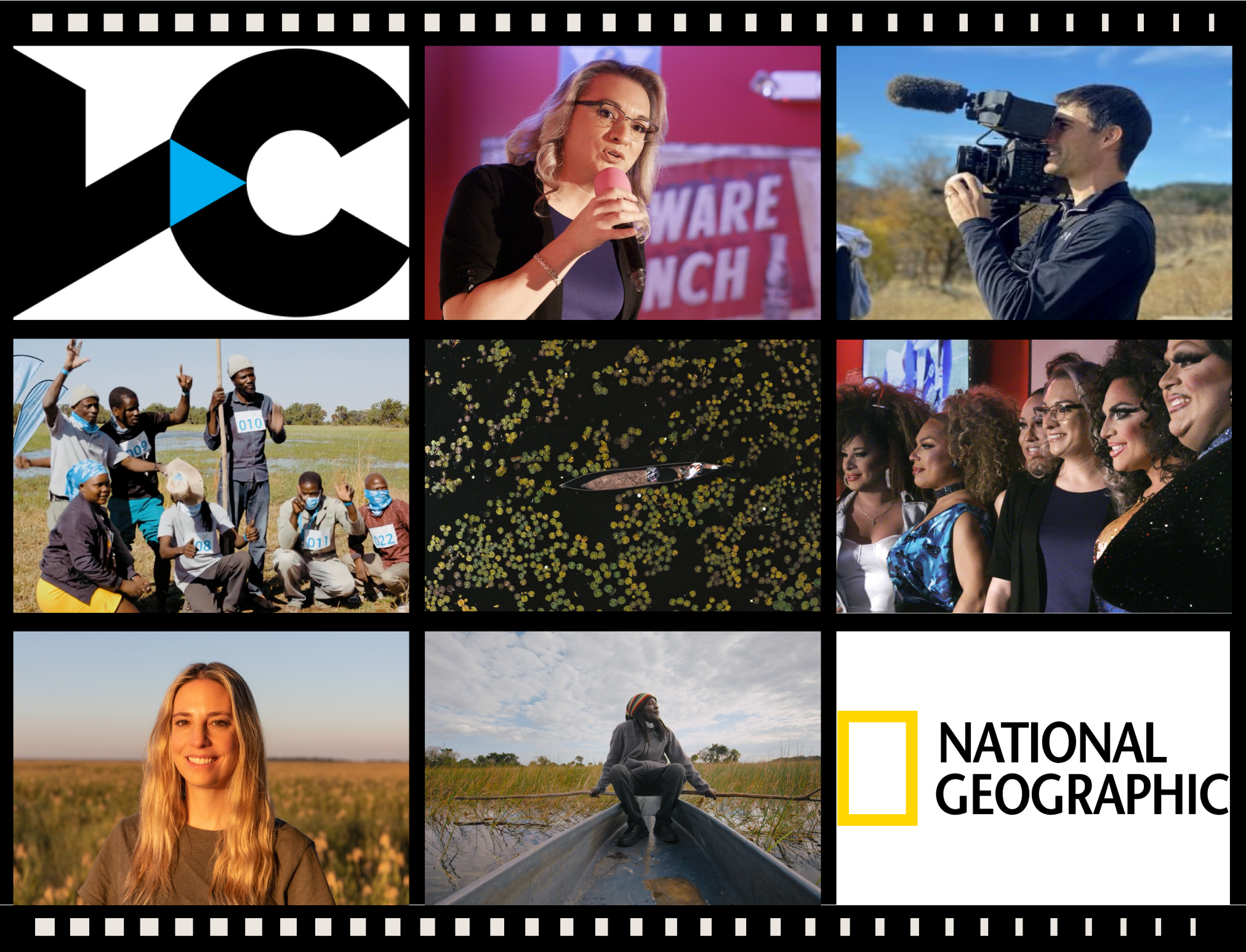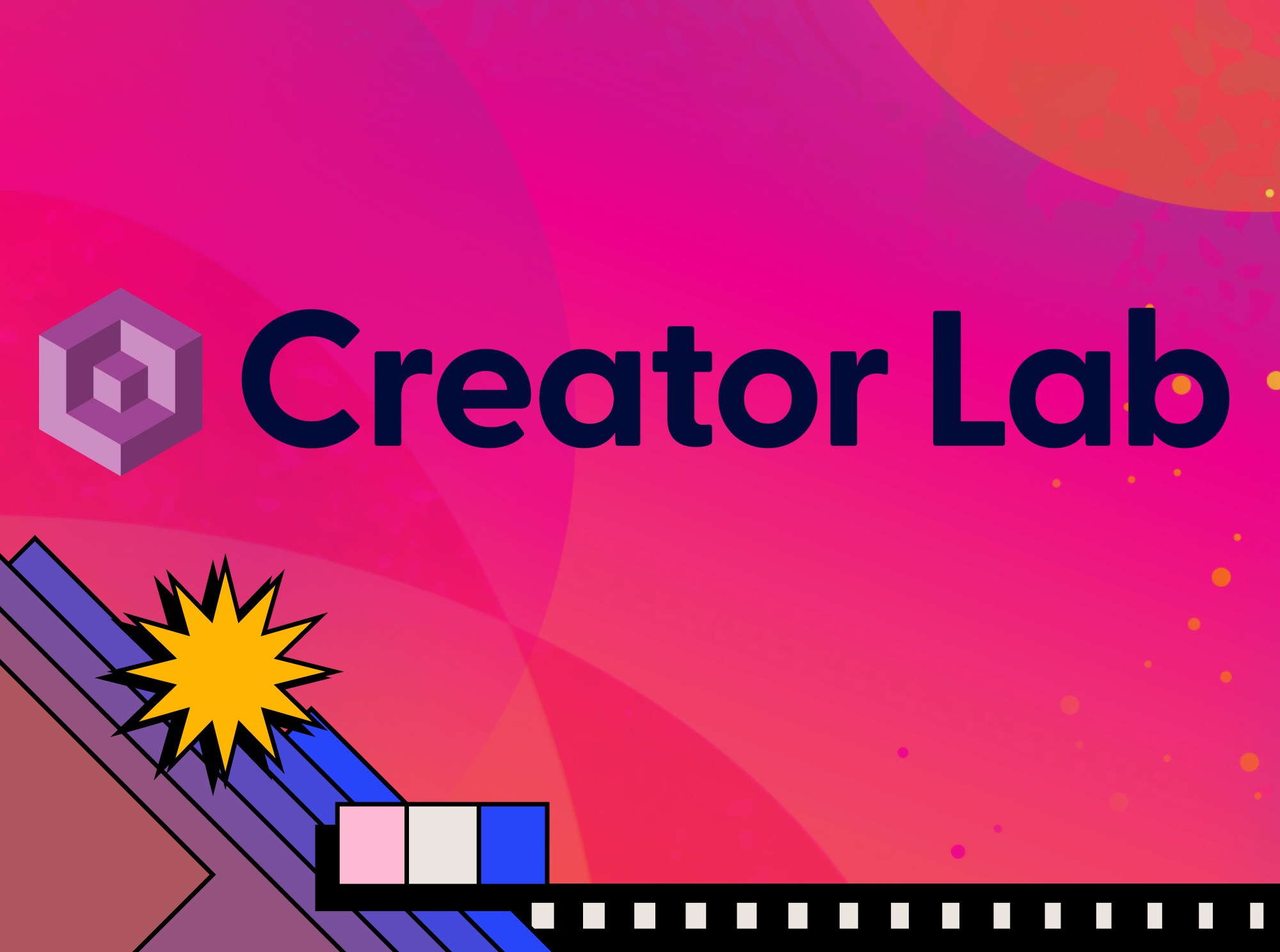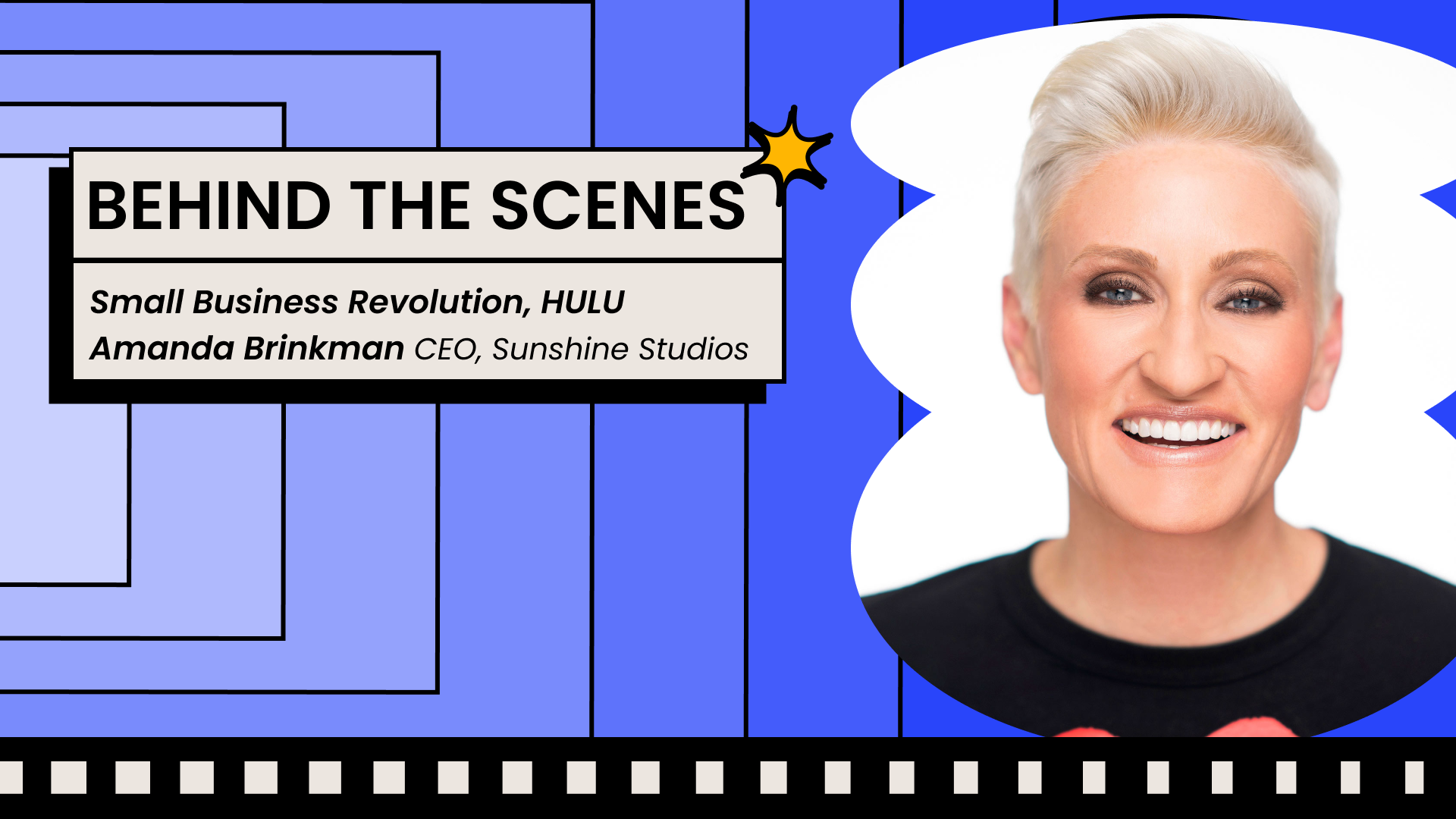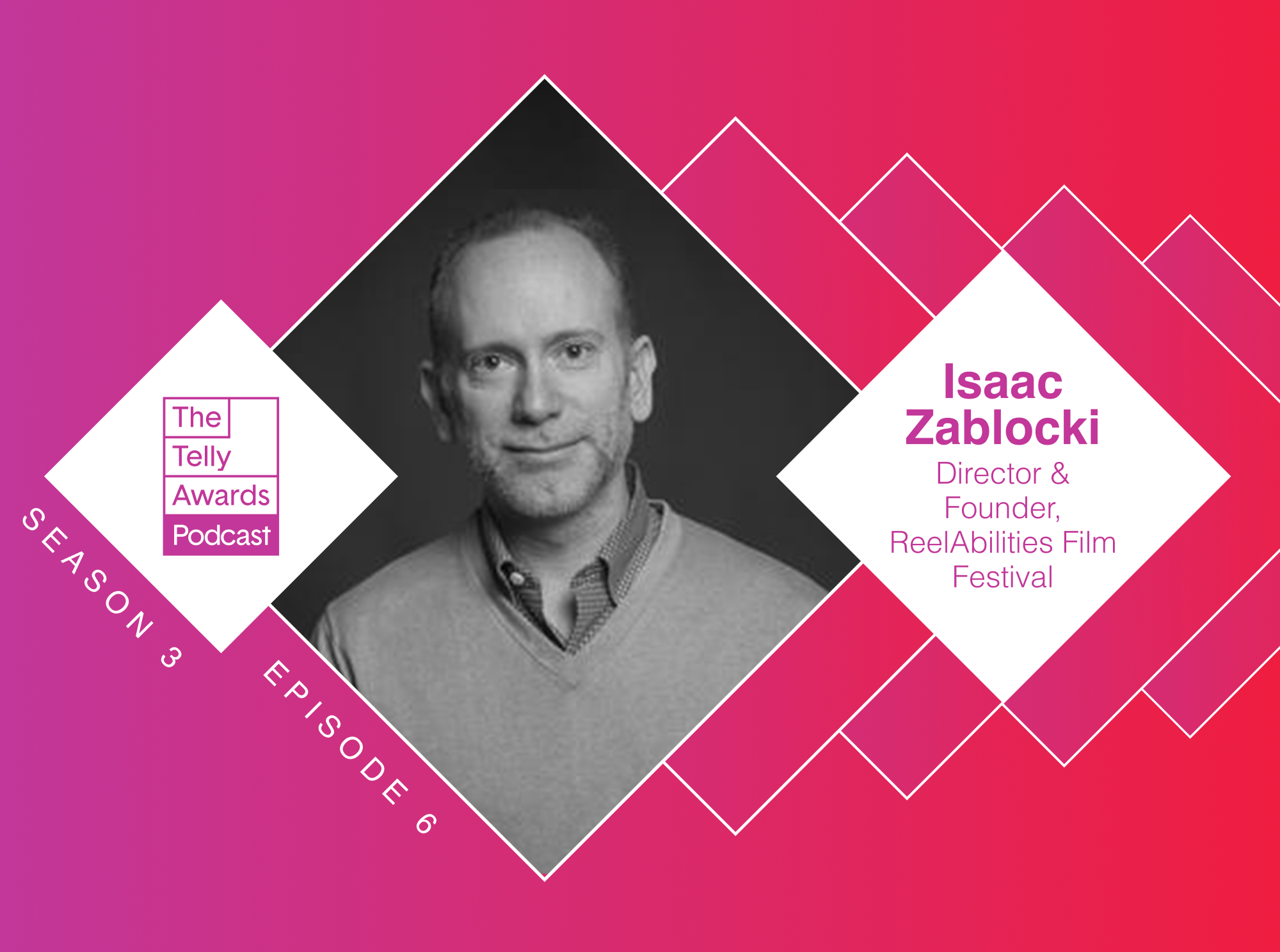As the year rounded out last December, we were honored for the invitation to host a roundtable at The Next Web, the New York outpost for the Dutch-based publication and a premiere conference for technology, communications and media professionals. Our Managing Director, Sabrina Dridje, gathered 18 executives to discuss media innovation, VR and the role that exists within both fields.
Here are 3 things heard:
Journalists are media’s new entrepreneurs.
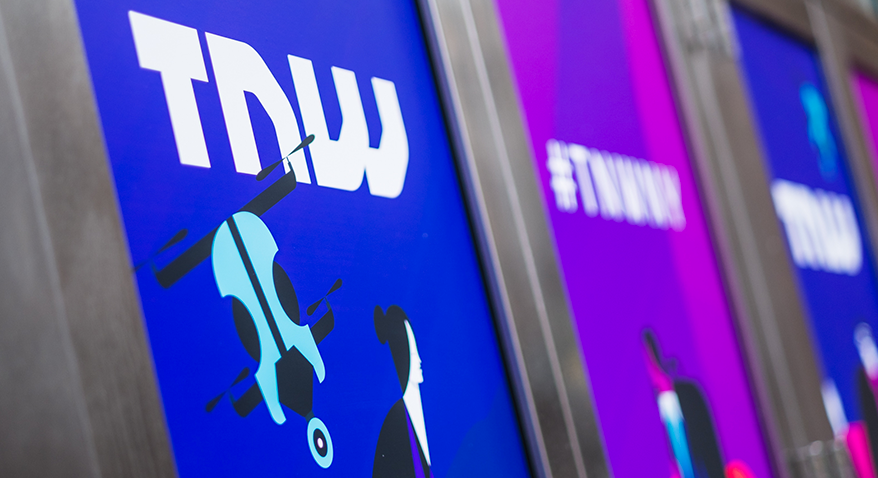
Trained journalists are now at the forefront of media innovation. Their ability, and need, to discover new ways to share stories—in various platforms—makes them uniquely positioned to ideate and create new distribution networks, create stories with new technologies, and use data to inform and inspire. A number of educational programs have formed across the country to prepare journalists to think entrepreneurially and equip them with the tools to continue pushing the industry forward in a digital age. The conversation highlighted a few programs that are training the next generation of storytellers, including the fantastic Tow Knight Program at CUNY— led by the equally inspiring Jeremy Caplan, as well as the Brown Institute for Media Innovation housed in Columbia University’s Graduate School of Journalism.
AR technology must find better ways to map space.
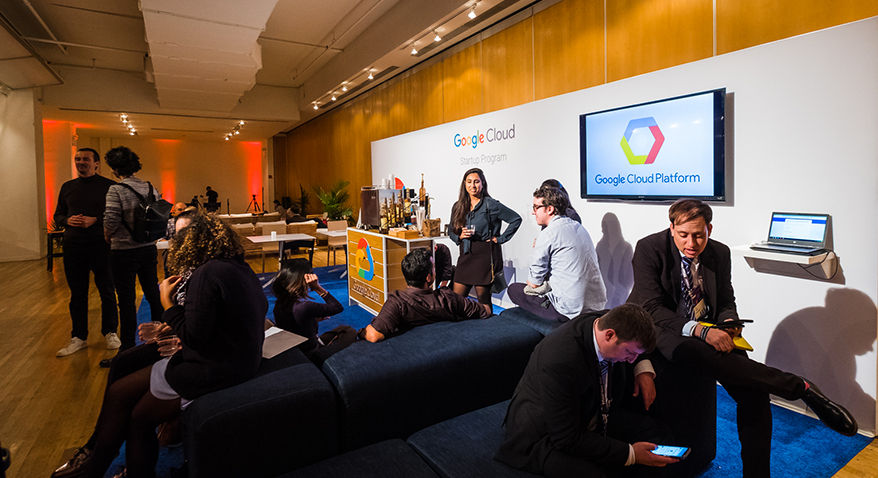
The applications and possibilities for AR are seemingly limitless. At The Telly Awards roundtable, two industry leaders had direct experience working with large scale theme parks, and talked attendants through the challenges and opportunities of accurately mapping space in order to maximize on the potential for AR. Many companies have tried to do this accurately— like Google for Project Tango, which attempted to create 3D representations of the physical world by allowing Tango-enabled devices to capture the dimensions of physical space.
Recently, Google announced it will cease Tango and instead focus on its ARCore framework, which can integrate into smartphones as it does not require specialized hardware.
VR Studios are building unique voices.
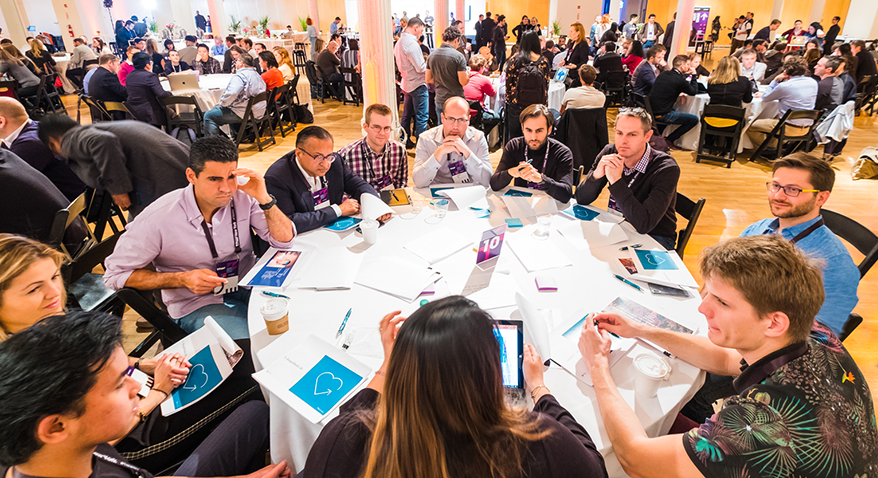
As more VR content studios are developed, the need to build a specific aesthetic and brand has become increasingly important. Like linear production companies, VR studios are typically synonymous with a particular tone or aesthetic. Whether a VR studio is known for its moving social impact pieces like Emblematic Group, or VR focused on internal training, a studio’s ability to have its brand serve as the representation for a particular genre of work will be its key to success.

